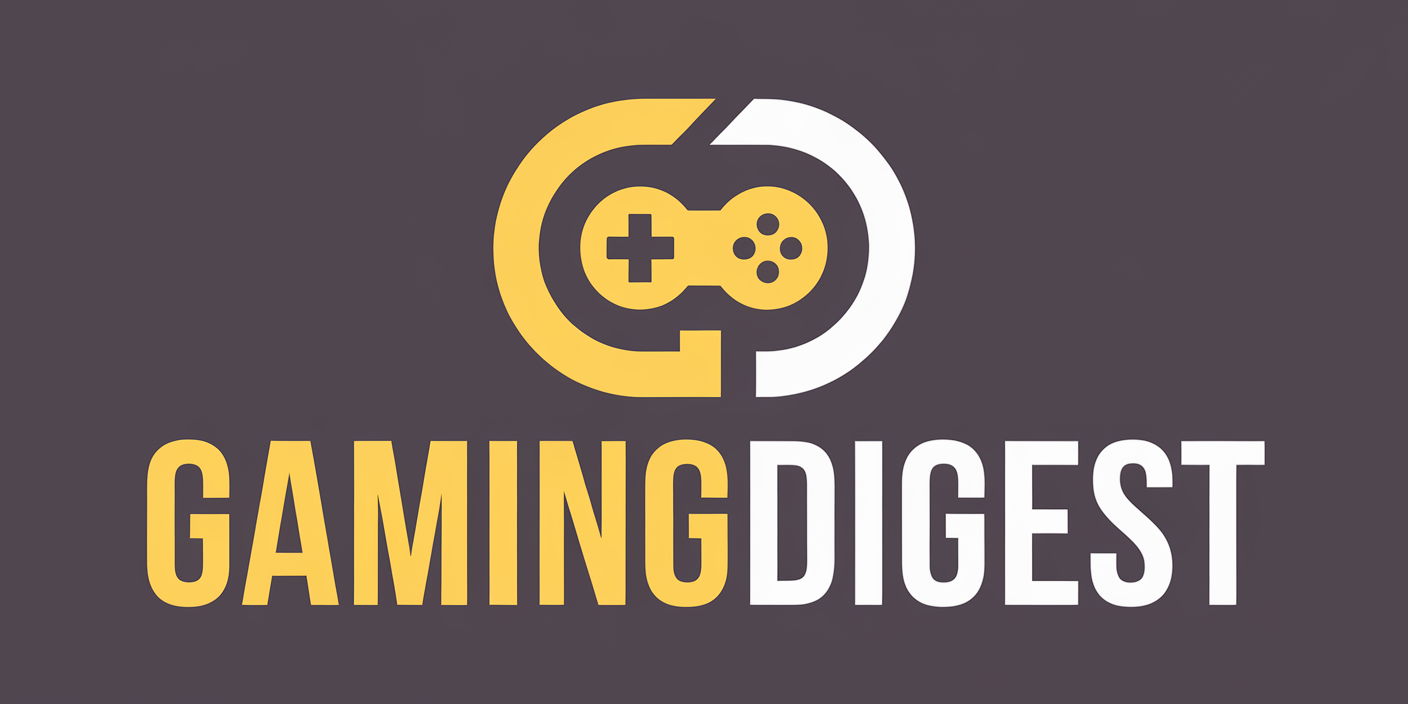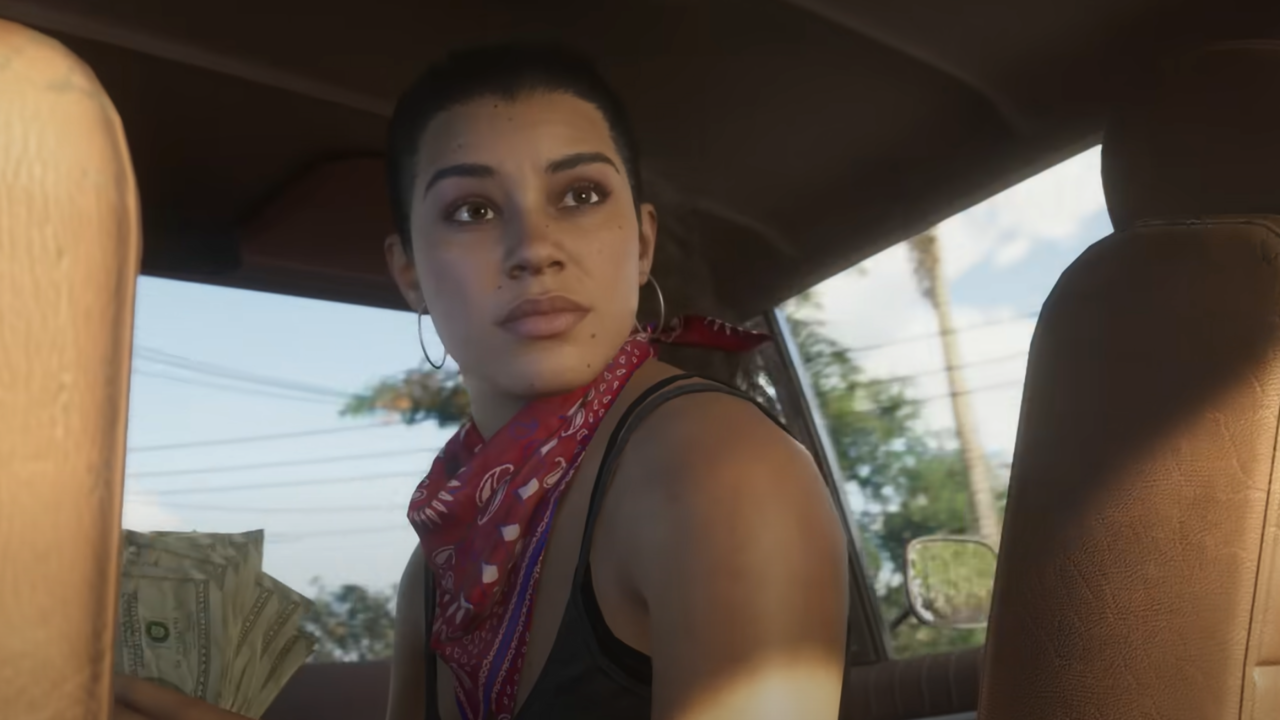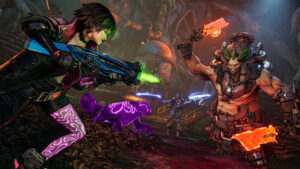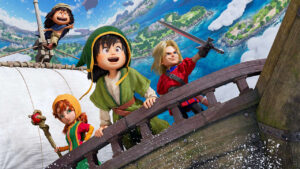Former PlayStation boss Shuhei Yoshida has discussed two hot-button issues in the video game industry, sharing his thoughts on rising video game prices and artificial intelligence.
Speaking to PlayStation Inside, Yoshida said he expected video game prices to go up, but he was surprised to see Nintendo be the first-mover in the push to $80 games with Mario Kart World. After Nintendo confirmed a higher price point for the next Mario Kart, Microsoft followed by announcing $80 games, too.
“It was going to happen eventually. We live in contrasting times, where inflation is real and significant, but people expect games that are ever more ambitious and therefore expensive to develop to cost the same. It’s an impossible equation,” he explained.
“Everything” related to video game development today is “more advanced and more technologically demanding than ever before,” Yoshida added.
“Each publisher or manufacturer sets the price of its games, of course, but in the end the heart of the matter lies in production costs. And that’s why industry actors are so keen to diversify their revenues, in order to continue producing the AAA games that the public buys before anything else,” he said.
Due to these rising costs, Yoshida said it makes sense to see a “proliferation of remasters and remakes” due to their relatively lower cost. Companies are not remastering or remaking games just for the sake of giving older games a fresh coat of paint and a chance to reach a new audience, he believes. It’s because remakes and remasters are “a kind of ‘easy’ solution to bring in profits,” Yoshida said. These profits can then help fund new games, Yoshida said, and the same way of thinking applies to PC ports of older titles.
Yoshida went on to say he’s not sure if Rockstar Games will price GTA 6 at $100 as some think the company might. That would indeed be the biggest step up so far in terms of a price increase for a new AAA game. When GTA 5 was released in 2013, it cost $60 to buy; that same $60 is about $80 today when factoring in inflation.
Whatever the case, Yoshida said “a balance must be found” between production costs and the the price of a game. He cited Expedition 33 as a “way forward” for the video game industry, mentioning how the game was developed by a relatively small team and sold for $50 (it also launched into Xbox Game Pass). Expedition 33 is an example of how a studio “can make excellent games with tighter teams and budgets without compromising quality.”
“AI will become a very important tool”
On the subject of AI, meanwhile, Yoshida said he expects generative AI in game development to be “used creatively to improve games,” but the first step is understanding how to best use the technology.
“The possibilities offered by AI are tools, not ends in themselves. AI will become a very important tool in the future if developers learn to use its good features. We’re already seeing this today, and in any case it should be seen as a simple continuation of what has always been done in video games, because AI has been used in video games for as long as they have existed in reality,” he said.
Some have cited concerns about potential job losses due to the rise in AI technologies. For his part, Yoshida said human developers themselves must stay “at the heart of the project,” with AI systems and technologies deployed to “speed up processes and tedious tasks that don’t impact on the artistic aspect of games.”
Also in the interview, Yoshida praised the recent viral trend of people using AI systems to create “Studio Ghibli-style” versions of things, saying it was “very well done” and funny. Yoshida said he doesn’t necessarily agree that AI systems could encourage plagiarism, but he does believe “imitation” issues are a genuine concern.
“I’m actually more worried about the imitation aspect of AI, because beyond plagiarism, AI can now imitate a work at a lower cost. Fortunately, these imitations never reach the level of the original games,” he said.
Yoshida left Sony earlier this year after 30 years at the company. He’s now advising publishers, including working with Bokeh Game Studios on Slitterhead. He also advises for Annapurna and Expedition 33 publisher Kepler Interactive.









